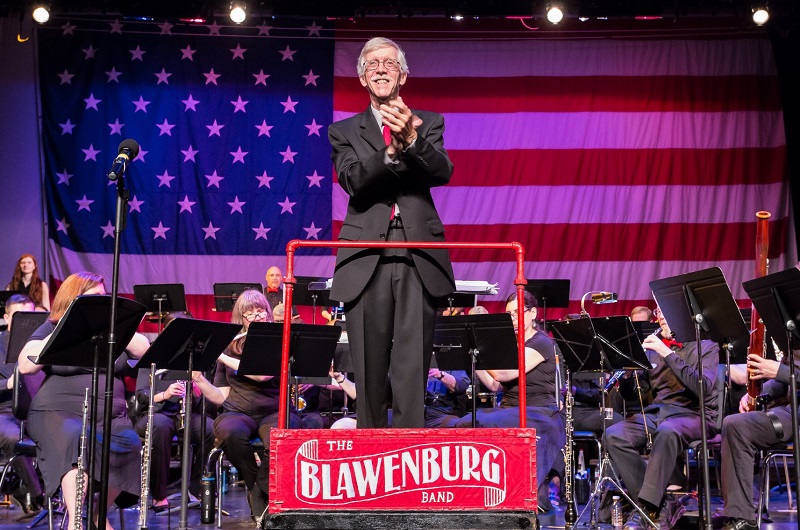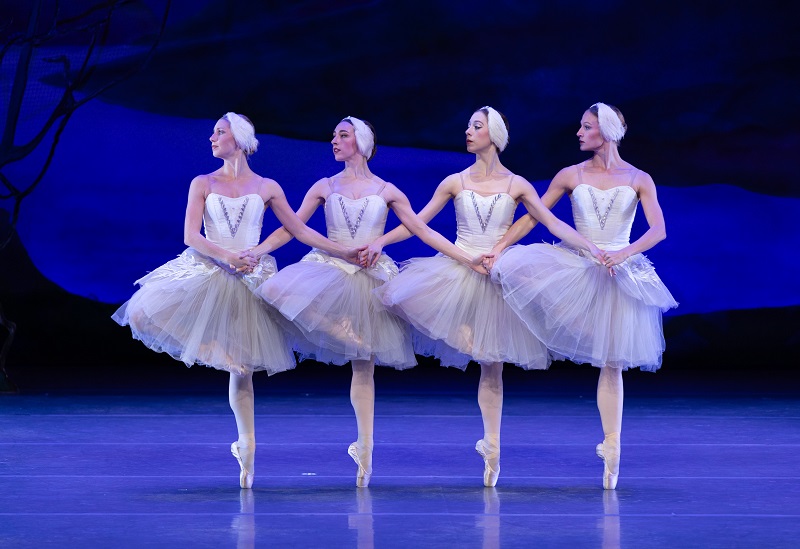Kris Giacobbe Photography, a local photography studio committed to empowering women, has announced the “50 Over 50” gallery exhibit, an event celebrating 50 extraordinary women, each age 50 and older, who embody resilience, strength, and beauty. The event will be held on Thursday, May 22 from 5:30 to 7:30 pm at Kris Giacobbe Photography, 108 Straube Center Boulevard, Suite I-20, Pennington.
The “50 Over 50” campaign is a portrait series that shines a light on the diversity and vibrancy of women over 50, challenging outdated stereotypes about aging, especially for women. The gallery will showcase stunning images that reveal the unique stories, personalities, and spirit of the women featured.
This evening is designed to be a night of connection, conversation, and community. Guests will have the opportunity to meet the women who participated, along with their friends, family, and supporters. Drinks and bites will be served in a warm, welcoming atmosphere with cocktail casual attire. more













 On the night of October 15, 1956, viewers of I Love Lucy, the nation’s most popular television show, saw Lucille Ball and Orson Welles doing a scene from Romeo and Juliet. Welles has his doubts, but she’s been showering him with compliments, telling him he’s better than John Gielgud, Maurice Evans, Sir Ralph Richardson, and, after he prompts her, Laurence Olivier. Looking like an adult parody of her Peanuts namesake, Lucy delivers her jawbreaker of a line with outstretched arms, “What man art thou that, thus bescreened in night, so stumblest on my counsel?”
On the night of October 15, 1956, viewers of I Love Lucy, the nation’s most popular television show, saw Lucille Ball and Orson Welles doing a scene from Romeo and Juliet. Welles has his doubts, but she’s been showering him with compliments, telling him he’s better than John Gielgud, Maurice Evans, Sir Ralph Richardson, and, after he prompts her, Laurence Olivier. Looking like an adult parody of her Peanuts namesake, Lucy delivers her jawbreaker of a line with outstretched arms, “What man art thou that, thus bescreened in night, so stumblest on my counsel?”


